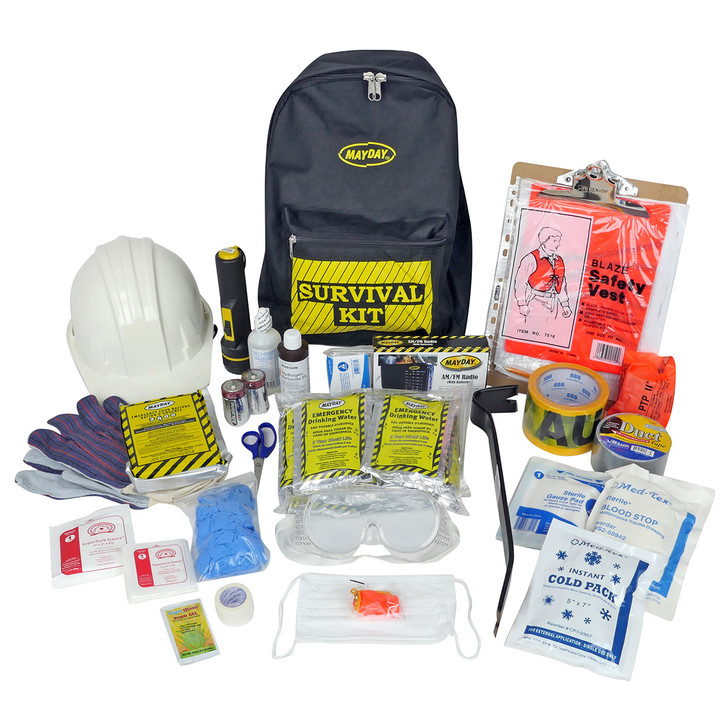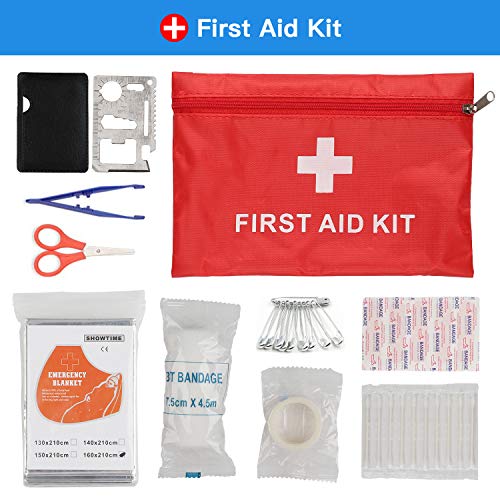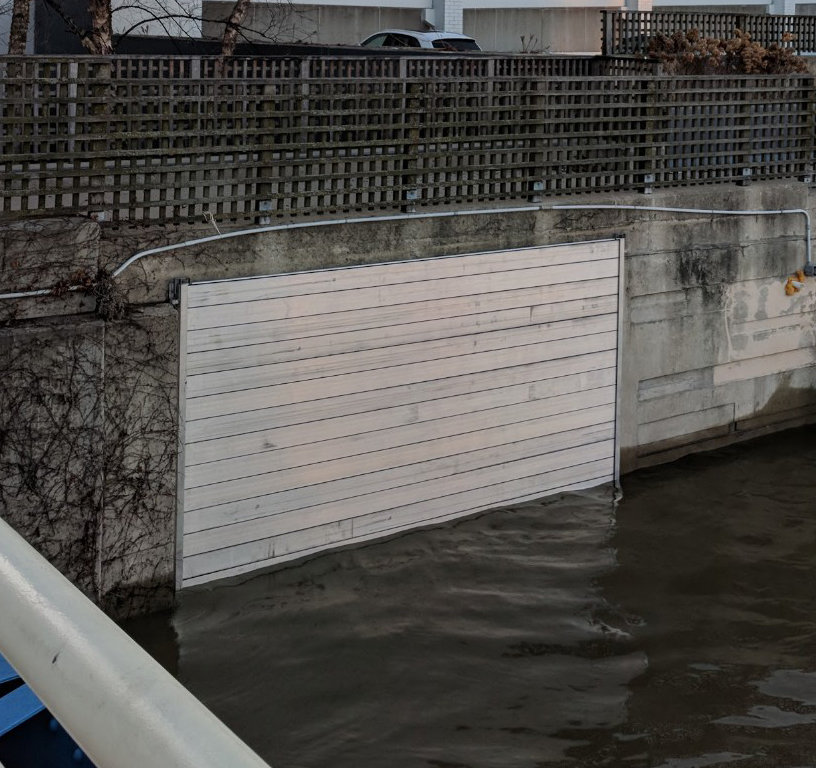The Power of Community Flood Support
Flooding is a natural disaster that can have devastating effects on communities, causing damage to homes, infrastructure, and livelihoods. In the face of such challenges, the importance of community flood support cannot be overstated.
Strength in Unity
When a community comes together to support one another during and after a flood event, it creates a sense of unity and resilience that is invaluable. Whether it’s neighbors helping each other evacuate safely, volunteers providing assistance with cleanup efforts, or local organizations offering resources for recovery, the collective strength of a community can make a significant difference in the aftermath of a flood.
Providing Emotional and Practical Support
Community flood support goes beyond just physical assistance; it also encompasses emotional support for those affected by the disaster. The kindness and compassion shown by community members can help alleviate the stress and trauma experienced during such challenging times.
Building Resilient Communities
By fostering a culture of mutual aid and support, communities can become more resilient in the face of future flood events. Establishing networks for communication, coordination, and response planning can enhance preparedness and ensure a more effective response when disaster strikes.
Get Involved
If you want to contribute to community flood support efforts, consider volunteering with local organizations, participating in emergency preparedness initiatives, or simply reaching out to your neighbors to offer assistance in times of need. Together, we can build stronger and more resilient communities that are better equipped to face the challenges posed by flooding.
9 Essential Tips for Supporting Your Community During Floods
- Stay informed about flood risks in your community.
- Create an emergency plan with your family and neighbors.
- Know evacuation routes and shelters in your area.
- Keep important documents and emergency supplies in a waterproof container.
- Check on vulnerable community members during floods.
- Volunteer or donate to local organizations helping with flood relief efforts.
- Report any drainage issues or blockages to local authorities.
- Avoid walking or driving through flooded areas.
- Follow instructions from emergency officials and stay safe.
Stay informed about flood risks in your community.
Staying informed about flood risks in your community is a crucial aspect of community flood support. By understanding the potential hazards and vulnerabilities specific to your area, you can better prepare for and respond to flood events. Keeping up-to-date with local weather alerts, flood maps, and emergency evacuation routes can help you make informed decisions to protect yourself and your neighbors in times of need. Being proactive in gathering information about flood risks demonstrates a commitment to community safety and resilience, ultimately contributing to a more prepared and united response to flooding challenges.
Create an emergency plan with your family and neighbors.
Creating an emergency plan with your family and neighbors is a crucial step in ensuring community flood support. By collaborating on a comprehensive plan that outlines evacuation routes, communication methods, and emergency contacts, you can enhance preparedness and coordination during a flood event. This proactive approach not only strengthens the safety of your loved ones but also fosters a sense of unity and mutual support within the community. Remember, working together to develop an emergency plan can make a significant difference in effectively responding to floods and ensuring everyone’s well-being.
Know evacuation routes and shelters in your area.
It is crucial for community flood support to prioritize knowing evacuation routes and shelters in your area. Being familiar with these essential resources can make a significant difference in ensuring the safety and well-being of individuals and families during a flood event. By proactively identifying evacuation routes and shelters, communities can better prepare for emergencies, facilitate timely evacuations, and provide necessary assistance to those in need. This knowledge not only enhances overall preparedness but also contributes to a more effective response and recovery process in the face of flooding disasters.
Keep important documents and emergency supplies in a waterproof container.
In times of flooding, it is crucial to prioritize the safety of essential documents and emergency supplies by storing them in a waterproof container. By taking this simple yet proactive step, individuals can safeguard important paperwork such as identification documents, insurance policies, and medical records from water damage. Additionally, having emergency supplies like first aid kits, non-perishable food, and flashlights stored in a waterproof container ensures that these critical items remain intact and accessible during flood emergencies. This precautionary measure can significantly enhance preparedness and resilience in the face of flooding events.
Check on vulnerable community members during floods.
During floods, it is crucial to check on vulnerable community members to ensure their safety and well-being. Elderly individuals, individuals with disabilities, and those with limited mobility may face additional challenges during a flood event. By reaching out to these vulnerable members of the community, we can provide assistance, support, and reassurance. Checking on them not only helps meet their immediate needs but also strengthens the sense of unity and care within the community. By looking out for one another, we can create a more resilient and compassionate community that stands together in times of crisis.
Volunteer or donate to local organizations helping with flood relief efforts.
One impactful way to contribute to community flood support is by volunteering your time or donating to local organizations actively involved in flood relief efforts. By offering your assistance or financial support, you can help these organizations provide essential resources, aid in rescue operations, and support affected individuals and families during their recovery process. Your contribution, no matter how big or small, can make a meaningful difference in helping communities rebuild and recover from the devastating impacts of flooding.
Report any drainage issues or blockages to local authorities.
It is crucial for community flood support to report any drainage issues or blockages to local authorities promptly. By notifying the appropriate officials about potential problems with drainage systems, such as clogged drains or blocked culverts, residents can help prevent flooding and mitigate risks during heavy rainfall. Timely reporting of such issues allows authorities to take necessary actions to address the problem and ensure that the community remains safe and prepared in the event of a flood.
Avoid walking or driving through flooded areas.
It is crucial to prioritize safety and avoid walking or driving through flooded areas during a flood event. Floodwaters can be deceptive, hiding hazards such as submerged debris, strong currents, or open manholes that pose serious risks to individuals. By refraining from entering flooded areas, we can protect ourselves from potential dangers and prevent unnecessary emergencies. It is always best to wait for the water to recede and follow official guidance on safe routes to ensure our well-being and the safety of our community.
Follow instructions from emergency officials and stay safe.
During a flood, it is crucial to prioritize safety by following instructions from emergency officials. Their guidance is informed by expertise and is aimed at ensuring the well-being of individuals and communities. By heeding their advice and staying safe, we can minimize risks and protect ourselves and those around us from harm. It is essential to trust in the expertise of emergency officials and take proactive measures to safeguard our well-being during flood events.




